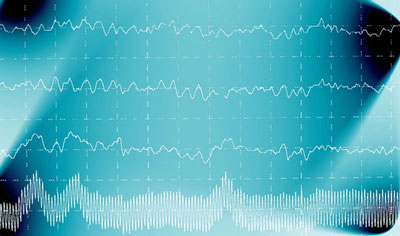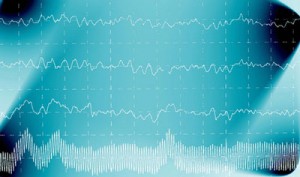Phase III clinical data show Zebinix (eslicarbazepine acetate) to be effective and well tolerated in elderly
Posted: 26 May 2015 |
Data for anti-epileptic drug eslicarbazepine acetate shows it to be effective and well tolerated in elderly people with partial onset seizures (POS)…


Data for once-daily, novel anti-epileptic drug Zebinix® (eslicarbazepine acetate) shows it to be effective and well tolerated in elderly people with partial onset seizures (POS), with a 54% decrease in seizure frequency from baseline observed over the maintenance period of the study.


These data will be presented in full at the Association of British Neurologists Annual Meeting in Harrogate, United Kingdom, 20-22 May 2015 (abstract no.017).
Old age is the most common time to develop epilepsy and treatment of this age group remains a challenge due to the high presence of co-morbidities and the need for polypharmacy. Seizure control and reduction of side effects are key treatment goals.
Results from the Phase III study, which evaluates the safety and efficacy of eslicarbazepine acetate as adjunctive therapy in elderly patients aged ≥65 years with POS, do not raise any major safety concerns. Of the 72 participants included in the study, 47 experienced 152 treatment-emergent adverse events. These results are consistent with those previously reported for eslicarbazepine acetate and the side effects were consistent with the known profile of eslicarbazepine acetate.
Seizure frequency was shown to decrease in eslicarbazepine acetate study
The seizure frequency observed over the maintenance period (seizure frequency/four weeks) is shown to decrease from 2.9 at baseline to 1.2, a median change of -54.1%. During the treatment period, 11 (15.5%) subjects were seizure-free and a total of 39 (54.9%) subjects were responders (50% or greater reduction of seizure frequency relative to baseline).
“These data are of interest as the management of side effects of epilepsy treatments in older people can be complicated. The safety and efficacy profile of eslicarbazepine acetate in this study should convince doctors to take a renewed look at the treatment regime offered to elderly patients and offer a sound replacement for older anti-epilepsy drugs traditionally used in this age group,” commented Professor Soares da Silva, Director of the R&D Department at BIAL.
Eslicarbazepine acetate is indicated as adjunctive therapy in adults with partial onset seizures, with or without secondary generalisation. The oral, once-daily dose therapy has a short and simple titration to target dose for seizure control.
“Eisai is committed to the therapeutic area of epilepsy. Studies in an elderly population such as this one are important as treatment needs may differ to those of a younger person with epilepsy. Solutions that will help people with epilepsy, their families and carers is at the centre of what we do,” commented Mike Bee, Epilepsy Business Unit Director, Eisai EMEA.




